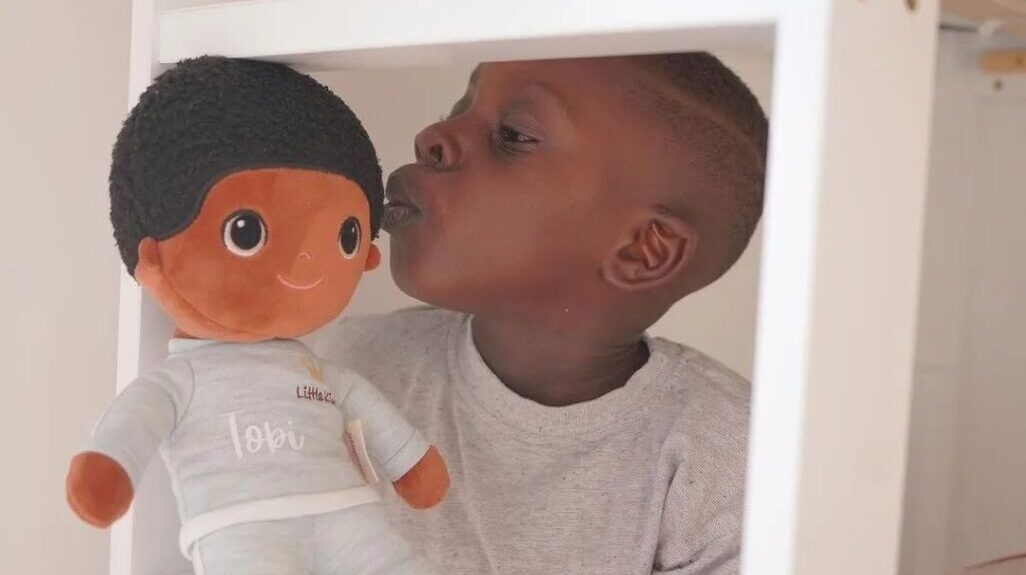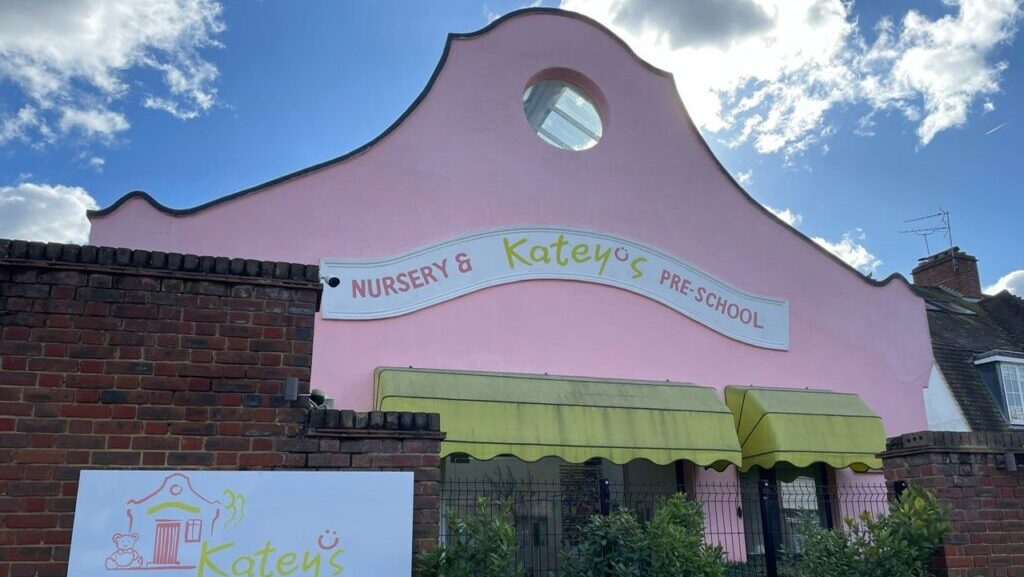The winners of the National NMT Nursery Awards reflect on what their achievement means to them
Tackle language delay
Sophie Hutton, speech and language therapist and chief executive of Nest Therapy nursery
provision, suggests ways to support early years educators in addressing speech, language
and communication delay
Are you seeing more children in your settings who find it difficult to answer a question, tell you what they need, or chat to their friends? If so, you’re not alone.
In fact, 84% of health visitors reported an increase in children with speech, language and communication delay compared with the previous year, according to a 2023 report from the Institute of Health Visiting.
A worrying rise in language delay
There’s no clear consensus on why we’re seeing this unprecedented increase in language delay, but there are plenty of theories for it. The long-term impact of the pandemic, higher levels of family poverty, a corresponding rise in neurodiversity – all of which play a part.
Practitioners are certainly dealing with heavier caseloads. Taking my own setting as an example, we’ve got children from a very diverse demographic coming to us, and with that, we’re seeing a wide range of different speech, language and communication needs. Some families come from more disadvantaged backgrounds, while others have English as an additional language.
In my view, there’s such a complex mix of issues fuelling the trend for language delay that it’s difficult for nurseries to unpick individual causes and set out to address them.
These are some ways to help your practitioners work with children who have a language delay.
Help staff build close links with families
To give your team a deeper understanding of the children at your setting, it’s important to encourage staff to take every opportunity to engage with parents and families.
If you guide your staff towards helping parents interact with their children, it makes such a difference to a child’s communication skills. For instance, when practitioners show parents how to share stories, games and everyday activities to help their children meet developmental milestones.
We’ve seen some really positive outcomes when we have referred parents to the Solihull Parenting Approach, which is delivered by our local early years teams. This programme has supported the work of our staff by giving parents tools and techniques to use at home.
As a result, staff and parents are able to share the strategies they’ve learnt, and give children the continuity they need to build communication skills at nursery and at home.
Enable practitioners to tailor support
As language delay is such a complex issue, it can be difficult for nursery staff to find the best ways to help children with different needs.
To address the range of needs we see at our nursery, we take a graduated approach. This involves offering universal, targeted and specialist support. Universal support works for children of all abilities and involves ways to boost communication skills for everyone.
If we notice a child needs a little more than just our universal strategies, we will provide targeted interventions, which might be aimed at building a child’s vocabulary, for example. When specialist support is called for, we usually have a therapy plan and programme to deliver.
However, rather than sitting down with a child to deliver a structured intervention, we encourage staff to make all activities accessible to every child, whatever their needs.
If we’re reading The Hungry Caterpillar, some children are able to sit, listen and understand. We might give another group more targeted help with the themes and vocabulary to help them access the story.
Then we would have a smaller group who explore the same story through sensory play. Staff quickly learn which children need which level of support.
Teach staff to use non-verbal forms of communication
When you build different methods of communication into the everyday routine, it creates an inclusive environment where all children learn.
It’s good to encourage all children to use signing or visual communication because it not only helps children who are pre-verbal, it also gives every child new skills they can use to interact.
One way our team helps children navigate through the nursery day, is with widgit symbols. These are simple illustrations which can represent anything from an object like a paintbrush, to an emotion such as feeling excited. If you use a symbol alongside speech, it helps the child decode and understand what you’re saying.
It’s best to introduce symbols as early as possible – we even use them in our baby room for labelling items all around the area. If you encourage staff to use symbols right through your setting, and to help parents use them at home, children make those vital connections to help them communicate.
Call on external support when available
Like many nursery owners, I explore external options for training to give staff the skills they need.
Building connections with local speech and language therapists is an effective way to provide support for staff. Also, many local authorities have their own communication and language teams, which offer advice which can be tailored to the needs of the child and the setting.
While local authorities can access additional funding for Education, Health and Care Plans for early years children, it would be good to see more standardisation of that funding, so nurseries can deliver support as early as possible in a child’s life. In the meantime, the more you can do to help your staff deliver consistent strategies, the more prepared they will be to tackle the challenges of language delay.
Latest Features
Stephanie Mensah, co-founder of Bibinee Dolls, explores the importance of diversity in early years education and asks if we are…
We find out how Chalk Nursery Group worked with managed technologies firm Active8 to make life easier for its nursery…




